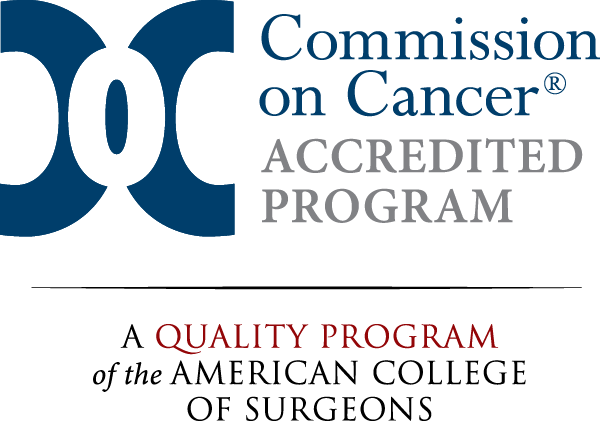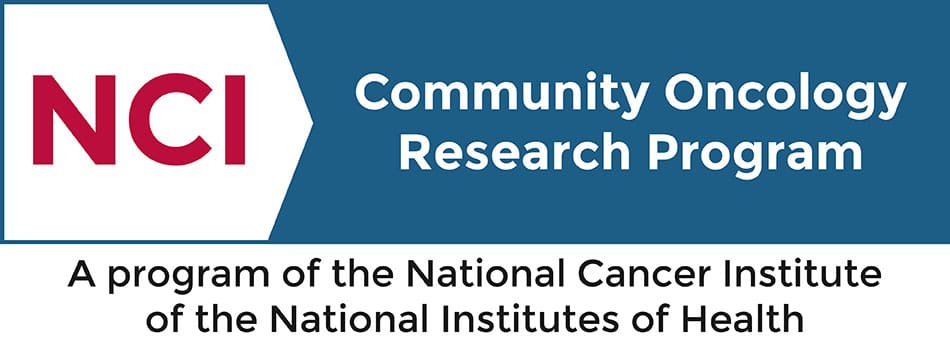- OUR PATIENTS
- Patient Forms
- Cancer Support Services
- Screenings
- Educational Programs
- Preparing For Your Visit
- Patient Portal
- Billing and Insurance
- Visitor Information
Breast Cancer Screening
Understanding Breast Cancer Screenings
A breast cancer screening is the most effective way to find and diagnose breast cancer in a person, particularly for those who are not showing any signs or symptoms. Getting screened regularly can help you and your doctor find breast cancer before it spreads, and in some cases, up to 10 years before you or your doctor would have found it otherwise.
At Capital Health, we offer the following breast cancer screening methods:
- Mammogram: An x-ray of the breast. A technologist will place your breast between two plastic plates and flatten the breast before taking an x-ray image of it. That image will then be reviewed by a radiologist to determine if there is any cancerous tissue inside the breast.
- Whole Breast Ultrasound: Like other forms of ultrasound, a whole breast ultrasound creates images of the breast using sound waves. It is a non-invasive procedure that is frequently used to follow up on an abnormal test result from an MRI or clinical breast exam.
- Breast MRI: A breast MRI uses radio waves and powerful magnets to create images of the inside of a person’s breast. This test method is often supplemented by other forms of testing and is most commonly used to help determine the extent and exact location of breast cancer.
- Molecular breast imaging: Also known as breast-specific gamma imaging, MBI uses a radioactive tracer fluid which is injected via veins in the arm. Because cancer cells seem to “take in” more of this radioactive substance than normal cells, a special camera is then able to scan the breast and find areas where the tracer fluid is concentrated to determine if cancer cells are present. This method is ideal for women with high-risk factors (i.e., family history) or with dense breast tissue.
Who should be screened for breast cancer?
Current recommendations for when to begin screenings are:
- Age 40 – begin screening mammogram and continue annually
- For patients with a family history, screening should begin 10 years before the youngest first-degree relative (mom/sister) was diagnosed and continue annually
- For patients who are at high risk or have a genetic mutation, screening should begin at age 25
How to schedule a breast cancer screening appointment
To schedule a breast scan, please contact our central scheduling line by calling 609-394-6695 or submit a call back request by clicking here.

